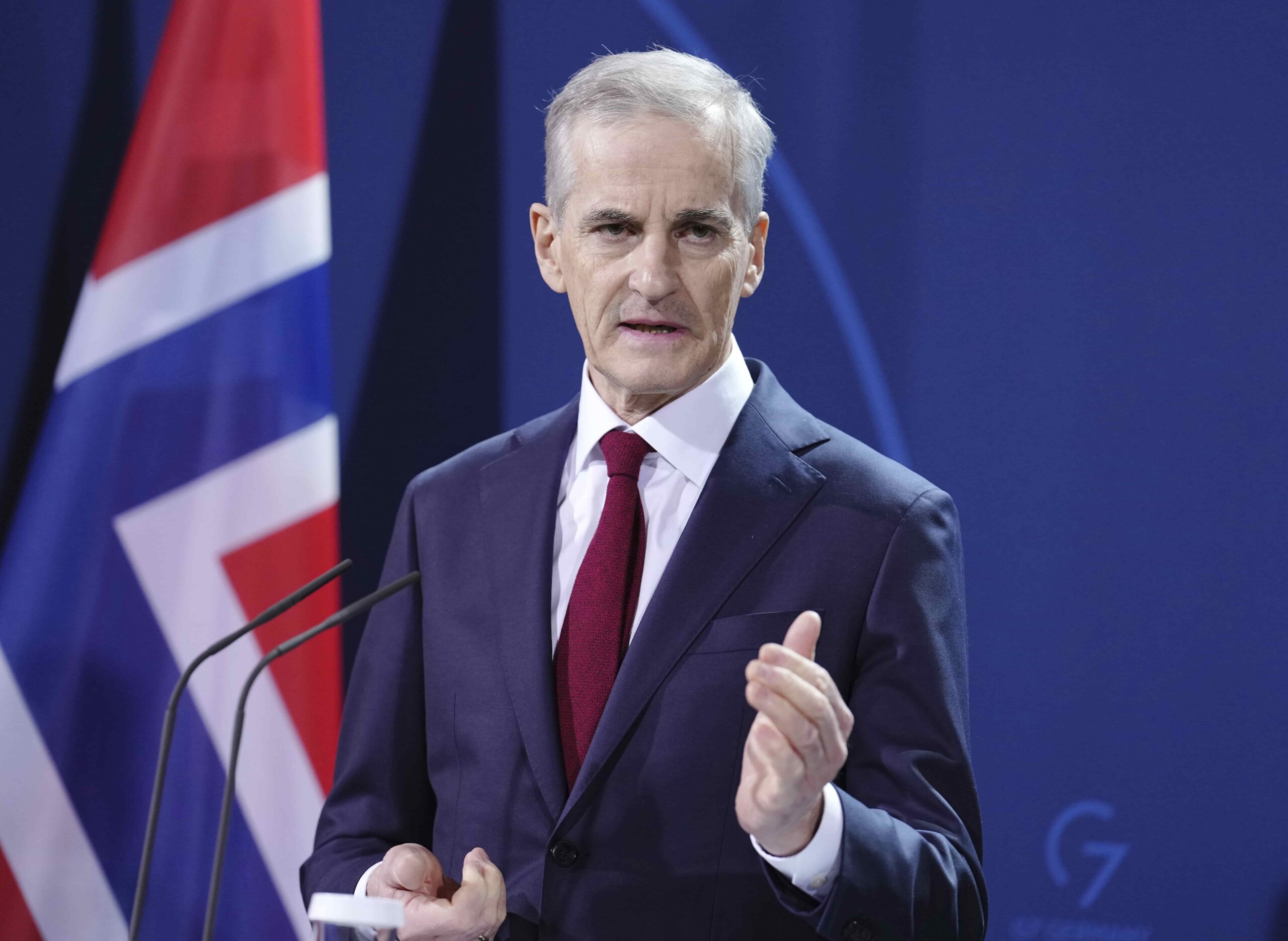Norway marked the 50th anniversary of repealing its sodomy laws by apologizing to gay men persecuted under the defunct criminal codes.
Norwegian Prime Minister Jonas Gahr Støre referred to the convictions of 119 people under Section 213 of its penal code as “simply wrong.” The law, which was enacted in 1902 and overturned in 1972, prohibited “indecent intercourse” between two men or any person who acted as an “accessory to such intercourse.” Individuals found guilty faced a sentence of up to one year imprisonment.
“When mistakes are made, they should be acknowledged,” Støre said in comments reported by the LGBTQ2S+ news site Metro Weekly. “Through legislation, but also through a network of sanctions, we as a nation and society made it clear that we did not accept queer love. The government wishes to apologize for that.”
In a statement accompanying the apology, Norway said gay men were subjected to “discrimination, slander and blackmail” under Section 213. The prime minister added that the laws violated its “most important values: equality, justice and freedom.”
“When mistakes are made, they should be acknowledged.”
Norway has made significant progress in LGBTQ+ rights since the days when homosexuality was criminalized. In 1993, the Scandinavian country became one of the first in the world to extend civil partnerships to same-sex couples, and passed a law in 2008 recognizing full marriage equality. It was the sixth nation to ever extend equal benefits to LGBTQ+ partners as opposite-sex couples and the fourth in Europe to do so.
Discrimination on the basis of both sexual orientation and gender identity has been illegal in Norway since 1981.
As the country continues its march forward, several Norwegian institutions have expressed regret for the prior treatment of the LGBTQ+ community. Its police force issued an apology in 2019 for sting operations targeting gay men meeting at public parks. Law enforcement officials in Norway were known to chase groups of gay men out of these social spaces while flashing their lights and blaring sirens to scare them.
A year after that mea culpa, the Norwegian branch of the Methodist Church published a statement on its website saying that it “admits and apologizes for the condemning attitudes and actions that have inflicted insults, harm and suffering on LGBT+ people instead of dignity.”
“This is contrary to the gospel of God’s unconditional grace and love,” the statement read. “Every human being is created in the image of God and loved by God.”
The most recent apology on behalf of Norway’s government was celebrated by LGBTQ+ activists. Inge Alexander Gjestvang, president of the Norwegian equality group FRI, said that the declaration was “historic,” but said the prime minister’s words were unfortunately too late to reach many of the men directly impacted by the law, who are likely to have passed away since Section 213’s repeal.
“For many of us, it may be too little, too late,” Gjestvang said. “We know that many people have lived and are living their lives marked by stigma.”
LGBTQ+ activists called on the Norwegian government to continue its commitment to queer and trans equality by extending legal recognition to non-binary people. Anette Trettebergstuen, Norway’s minister of culture and equality and an out lesbian, vowed this week that the country would join nations like Argentina, Canada, Chile, France, Germany and New Zealand in banning conversion therapy.
“We will forbid conversion therapy, which undoubtedly has damaged those subjected to it,” she said in comments reported by the Norwegian media outlet News in English.
A handful of other countries have also issued apologies for mistreatment that the LGBTQ+ community has faced. Both Canada and the United States have apologized for decades-long campaigns to purge LGBTQ+ employees from government positions, while Australia, New Zealand and the United Kingdom expressed sorrow over their historical sodomy laws. British codebreaker Alan Turing, for instance, was chemically castrated after being convicted for “gross indecency” in 1952, and ultimately took his own life.
In 2016, Germany announced that it would pay reparations to gay men persecuted under Paragraph 175, its Nazi-era sodomy code. Nearly 250 people ultimately received compensation last year, with payouts totalling an estimated 860,000 Euros (or $1.1 million CAD).


 Why you can trust Xtra
Why you can trust Xtra


